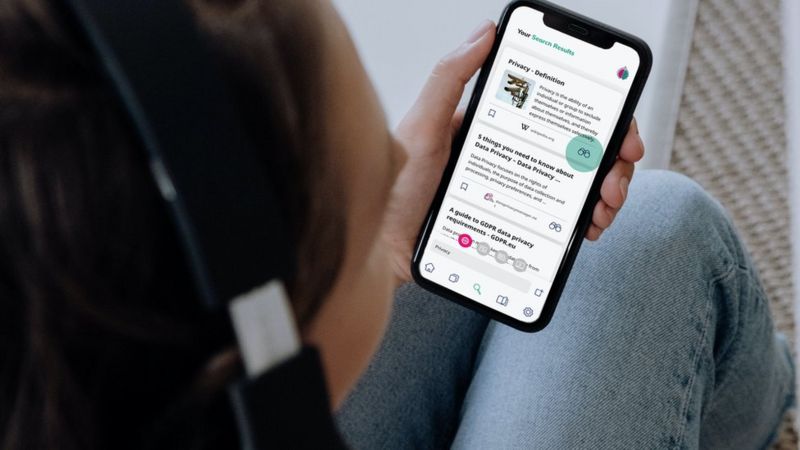"People don't seem to understand that security and cell phones as one thing are a thing of the past," says Pim Donkers.
Mr. Donkers is the co-founder and chief executive officer of the Swiss equipment technology company ARMA, which manufactures secure communication equipment.
So, moreover, he intends to warn people about the possible vulnerabilities in terms of security and smartphones.
He likens cell phones to a hive where "other people are the ones who get in and out of the system, do business, and misuses your data collected through all the channels."
"A smartphone as a starting point in terms of secure communication is without a doubt something that no longer exists. It will never happen," he warns.
His deep concern over mobile phone privacy concerns has been backed up by several recent reports, particularly about the detection of a spy software known as Pegasus, the source of Israel's NSO Group company.
In July, it was discovered that the Pegasus app could be installed on iPhones and Android phones, allowing operators to deliver messages, photos, and emails, record calls, and even activate a microphone or microphone and camera to start working in secret.
The ability to access a person's phone and do what you want even though it is far from a legitimate user is at times considered as only a few countries can do so.
But technology has advanced very quickly and the power of intelligence and investigation is now in the hands of many countries and even individuals and small groups.
With such concerns in mind, consumer demand has increased as security has become their main part of the time when they sell their products - ranging from smartphones with secretly hidden passwords as an alternative to privacy in search engines and maps.
Some statistics show that mobile devices bother many people.
A survey by Pew Research Center shows that 72% of Americans report feeling that what they are doing on their phones is being monitored by commercial advertisers, technology companies, or other companies.
About half of the people interviewed by the Pew center said they believed most of their online activities were monitored by the government.
"We are surrounded by headlines about data breaches, intrusions, and other forms of intrusion," says Larry Pang, head of business development at IoTex, a company that manufactures security cameras designed to handle personal data.
"Every time we read that organizations and governments that have promised to protect us, the reality is, they do things behind our backs for their own benefit," he says.
Some products on the private market are not intangible.
Xayn's software, for example, is a product described as "protecting one's privacy" while online.
The company says Xayn allows users to use the Google search device without being recognized by anyone else or having their data stored.
To date, it has been downloaded by about 215,000 users, most of them from the United States, followed by Britain, Germany, the Netherlands, and Russia.
"The existing methods basically track everything a user does when searching for something online," explains Dr. Michael Huth, head of computer science at Imperial London University and co-founder and chief research officer of Xayn.
"This is especially evident with brands such as TikTok, were just talking once or twice is enough to get to know the user better and start recommending their favorite videos," Dr. Huth adds.
"This level of monitoring, forecasting analysis and monitoring of human behavior is not only a challenge to our emotional control and freedom but even our real freedom as well."
Xayn co-founder and chief executive officer Leif-Nissen Lundbæk say that the demand for privacy is rapidly changing into a "global movement".
“Talking about privacy in digital often focuses on the impossible and sometimes unfortunate,” he says.
"Right now what's happening is privacy and technology as enemies - but it doesn't have to be this way. Advanced technology can protect our privacy in digital ways and restore our freedom."



